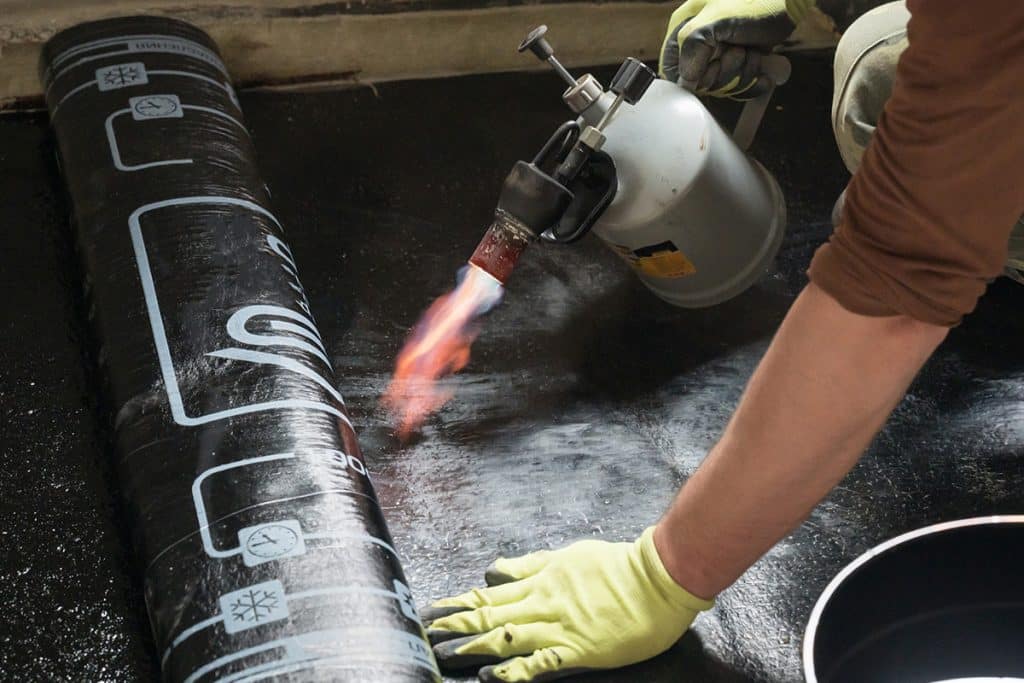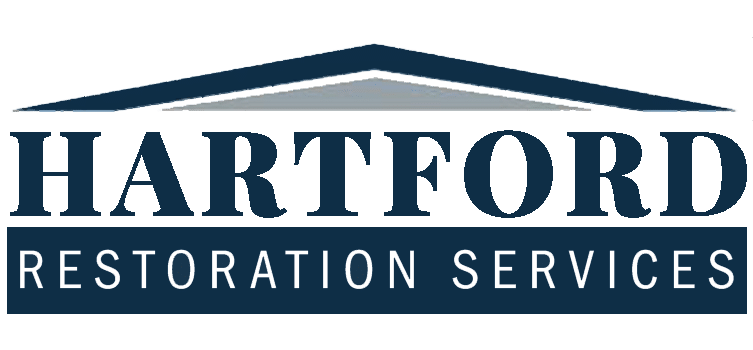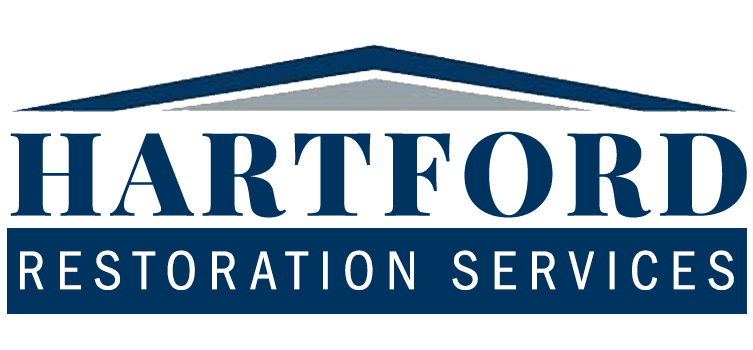Key Considerations When Planning a Commercial Roof Replacement

A commercial roof replacement represents a significant investment in your building's infrastructure, directly impacting its structural integrity, energy efficiency, and overall value. Given the complexity and cost involved, careful planning is essential to ensure the project's success. This comprehensive blog post outlines the key considerations to keep in mind when planning a commercial roof replacement, from understanding your current roof's condition to selecting the right materials and professionals for the job.
Understanding the Scope of the Roofing Project
Assessing the Current Roof Condition
Before making any decisions, conduct a thorough assessment of your existing roof's condition. This involves inspecting for signs of wear and tear, leaks, insulation effectiveness, and structural damage. Sometimes, a full replacement might not be necessary if a restoration or repair can address the issues. However, if the damage is extensive, replacement becomes the only viable option.
Compliance with Building Codes and Regulations
Ensure that your new roof complies with local building codes and regulations. These may have changed since your last roof installation, so it's crucial to understand current requirements related to fire resistance, wind uplift, insulation, and drainage.
Environmental and Energy Considerations
Modern roofing materials and designs offer improved energy efficiency and environmental performance. Consider options such as cool roofs, green roofing systems, and materials with high insulation values to reduce energy costs and support sustainability goals.
Selecting the Right Materials
Material Durability and Lifespan
Choose materials that are suited to your building's geographic location and climate. Factors such as resistance to UV radiation, moisture, wind, and temperature fluctuations should influence your decision. The material's lifespan, maintenance requirements, and warranty should also be considered to ensure long-term value.
Weight of the Roofing System
The weight of your chosen roofing system is crucial, as it impacts the structural integrity of your building. Ensure that your building can support the weight of the new roof, including any additional features like green roofing components or HVAC equipment.
Aesthetic Considerations
While functionality and durability are paramount, aesthetics should not be overlooked. The appearance of your roof can affect the building's overall look and may be subject to regulations in certain areas, especially if your building is located in a historic district or has design constraints.
Budgeting & Cost Management
Initial Investment vs. Long-Term Savings
While the initial cost of a roof replacement is significant, consider the long-term savings associated with energy efficiency, reduced maintenance, and durability. Investing in a higher-quality system can yield substantial savings over time.
Financing & Incentives
Explore financing options and incentives available for energy-efficient roofing systems. Tax credits, rebates, and grants can help offset the initial investment cost.
Choosing the Right Contractor
Experience & Expertise
Select a contractor with extensive experience in commercial roof replacements. They should have a solid track record of successful projects and be knowledgeable about the latest materials and techniques.
Licensing & Insurance
Ensure that your contractor is licensed and insured to protect your investment. Verify their credentials and ask for references to assess their reliability and quality of work.
Communication & Project Management
Choose a contractor who communicates clearly and provides a detailed project plan, including timelines, safety protocols, and site management strategies. Effective communication and project management are key to minimizing disruptions to your business operations.
Planning for Disruptions & Safety
Minimizing Operational Disruptions
Plan the project timeline to minimize disruptions to your business operations. This may involve scheduling work during off-hours or in phases to allow continued access to parts of the building.
Safety Protocols
Safety is paramount during a roof replacement project. Ensure that your contractor has a comprehensive safety plan in place to protect workers, building occupants, and visitors.
Maintenance & Warranty
Understanding Warranty Options
Review the warranty options provided by both the material manufacturer and the contractor. Understanding what is covered and any actions required to maintain the warranty, such as regular inspections and maintenance.
Post-Installation Maintenance Plan
Develop a maintenance plan for your new roof to ensure its longevity. Regular inspections, cleaning, and prompt repairs can extend the life of your roof and protect your investment.
Planning a commercial roof replacement is a multifaceted process that requires careful consideration. Remember, a well-planned roof replacement not only protects your physical assets but also contributes to the sustainability and energy performance of your building, yielding long-term benefits and savings.
Is it time to replace your commercial roofing system? Hartford Restoration Services has been providing reliable commercial and industrial roofing systems for over 40 years. Contact us to discuss your project.

